We all know someone who claims they never get sick—no matter the season, stress, or exposure.
This remarkable resistance to illness is not just luck; scientists have discovered that certain individuals possess a unique combination of genetic mutations that supercharge their immune systems.
Recent breakthroughs have revealed that these genetic factors can provide robust protection against common viruses and bacteria, making some people naturally resilient.
Understanding the genetic lottery behind these super immune systems opens new doors in medical research, giving us clues about how our DNA shapes our health and immunity.
1. The Genetic Lottery Explained

The term genetic lottery describes how our genes are randomly combined and passed down, leading to unique biological advantages in some people.
When it comes to immunity, inheriting certain gene variants—such as those affecting white blood cell function or pathogen recognition—can provide unusual resilience against infections.
Population studies have shown that these protective gene variants are unevenly distributed, giving a small percentage of people a natural edge.
Ongoing genetic research, including large-scale genome sequencing, continues to uncover how these inherited factors influence our immune strength.
2. Super Responders: Who Are They?
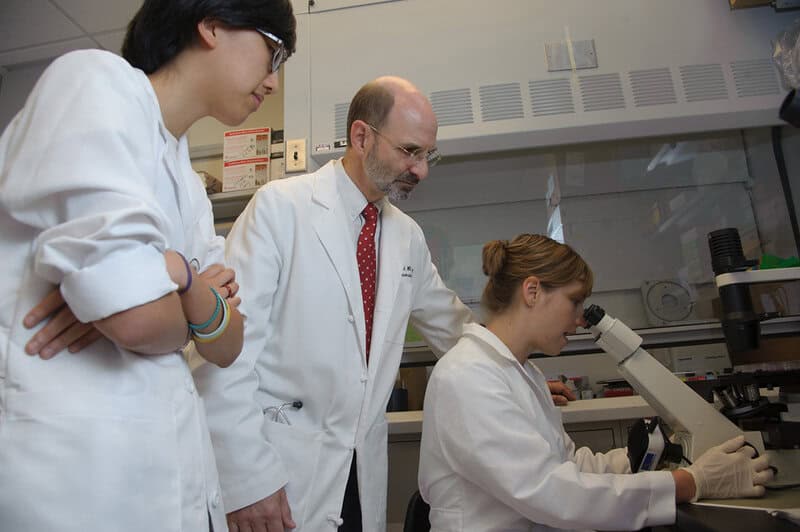
Super responders are an elite 1-2% of the population whose gene variants grant them extraordinary immune defenses.
These individuals were first identified during outbreaks like the HIV epidemic, where some exposed people never contracted the virus.
Researchers found that specific genetic mutations—such as those affecting the CCR5 receptor—played a key role in blocking infection.
Cases like these have helped scientists better understand how certain people can resist even the most aggressive pathogens, highlighting the profound impact of genetic differences on immunity.
3. Cytokine Production Mutations
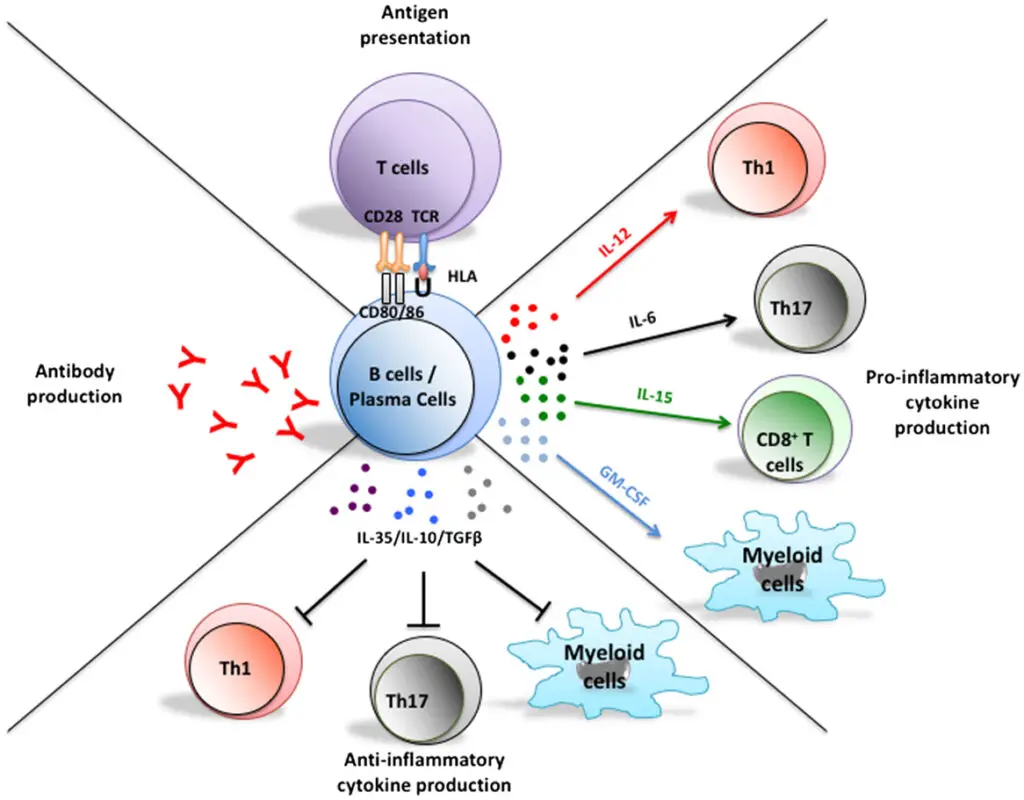
Certain genetic mutations fine-tune how our bodies produce cytokines—proteins that coordinate immune responses.
Some people inherit variants that enable rapid and balanced cytokine release, resulting in swift, targeted attacks on pathogens without triggering dangerous inflammation.
COVID-19 research uncovered that individuals with these mutations were less likely to suffer severe symptoms or complications, as their immune systems could efficiently clear the virus.
This discovery has helped scientists pinpoint why some people remain healthy even after high-risk exposures, guiding new therapeutic strategies for infectious diseases.
4. Enhanced T-Cell Activation
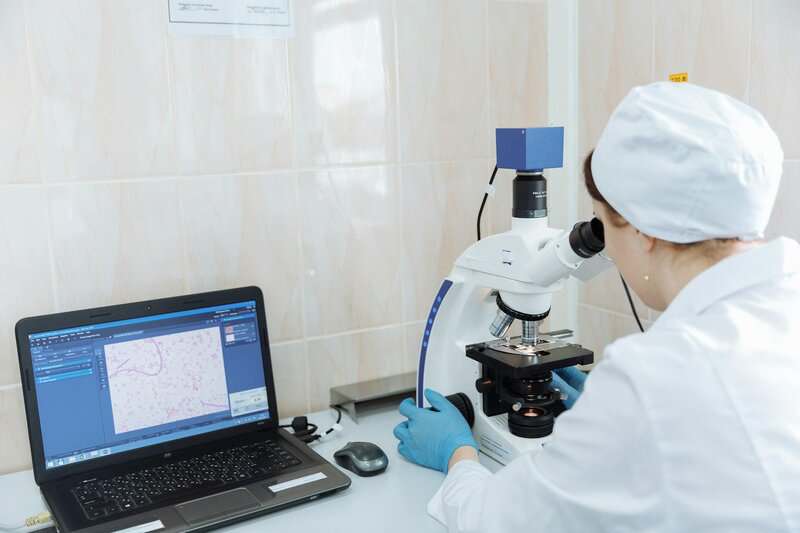
Some people’s genetic blueprints include variations that supercharge T-cell activation, a critical component of adaptive immunity.
T-cells are responsible for identifying and destroying infected cells, and enhanced activation leads to faster and more effective viral clearance.
Studies show that these individuals often recover quickly from viral infections and rarely experience severe disease.
Their heightened immune competence is a direct result of genetic factors that optimize the way T-cells detect, attack, and remember invading pathogens.
5. Robust Antibody Responses
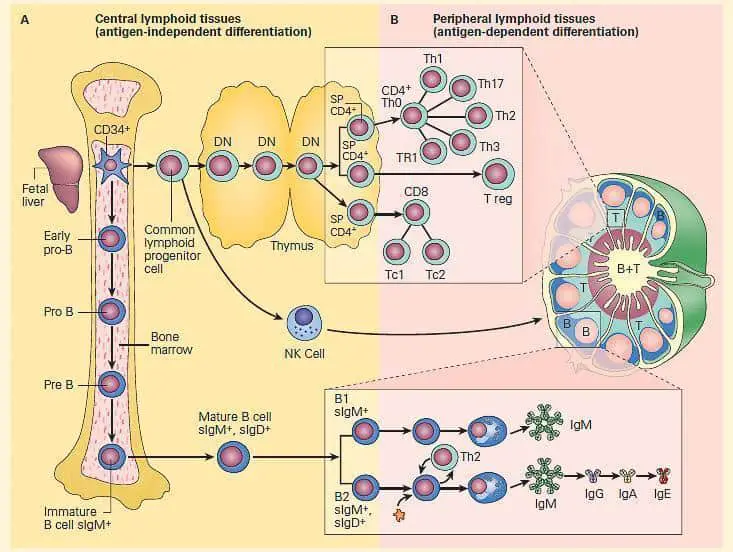
A subset of people possess inherited genes that empower their immune systems to produce antibodies rapidly and with remarkable diversity.
This genetic advantage allows them to quickly recognize and neutralize unfamiliar pathogens, giving them a significant edge against new or mutating infections.
Studies have revealed that these robust antibody responses can prevent illnesses from taking hold, even when exposed to emerging viruses.
Such genetic traits are at the heart of what makes some immune systems virtually unbreakable.
6. The HLA Gene Complex
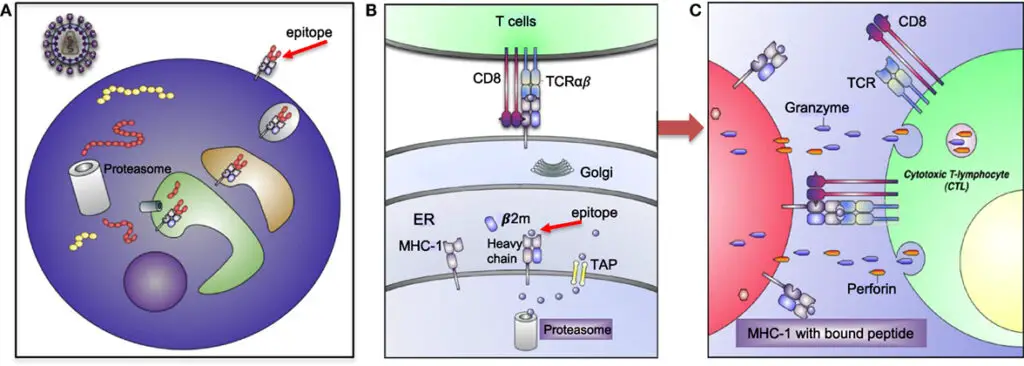
The human leukocyte antigen (HLA) gene complex plays a critical role in immune defense by helping the body distinguish between its own cells and foreign invaders.
Research published in leading immunology journals shows that certain HLA variants enable more precise recognition and rapid elimination of pathogens.
These genetic differences can explain why some people mount stronger immune responses to infections and vaccines.
A diverse HLA profile is strongly associated with greater resistance to a wide range of diseases, from viruses to bacteria.
7. Natural Killer (NK) Cell Superiority
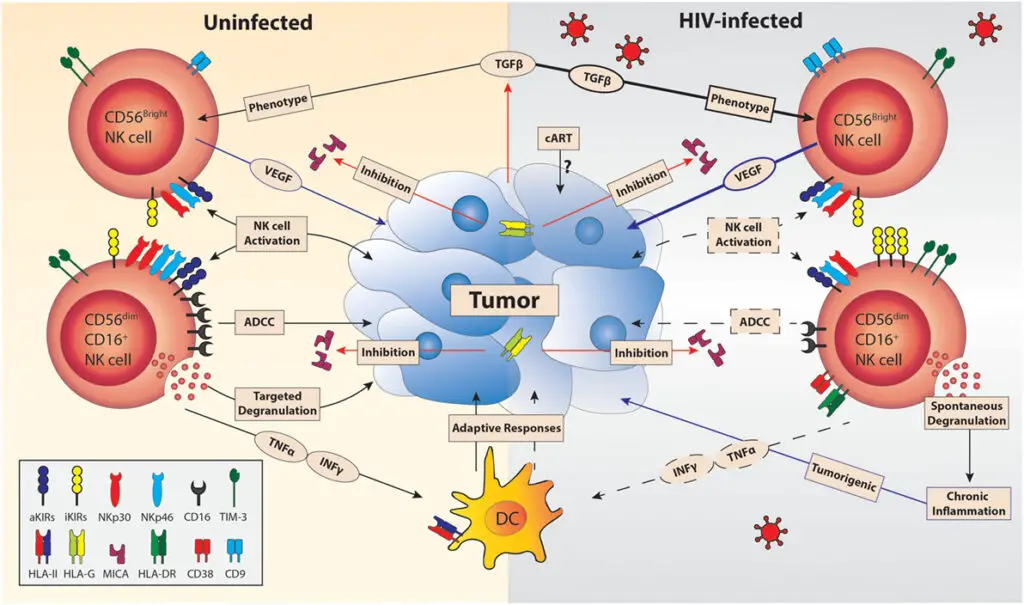
Natural killer (NK) cells are the immune system’s first responders, targeting infected or abnormal cells before other defenses are activated.
Some people inherit genetic variants that boost NK cell activity, resulting in faster and more aggressive elimination of both viral-infected and cancerous cells.
Enhanced NK cell function has been linked to lower rates of certain infections and cancers, as documented in immunogenetics research.
These superior responses make NK cell “superiority” a defining feature of some individuals’ nearly impenetrable immune defenses.
8. Resistance to Viral Entry
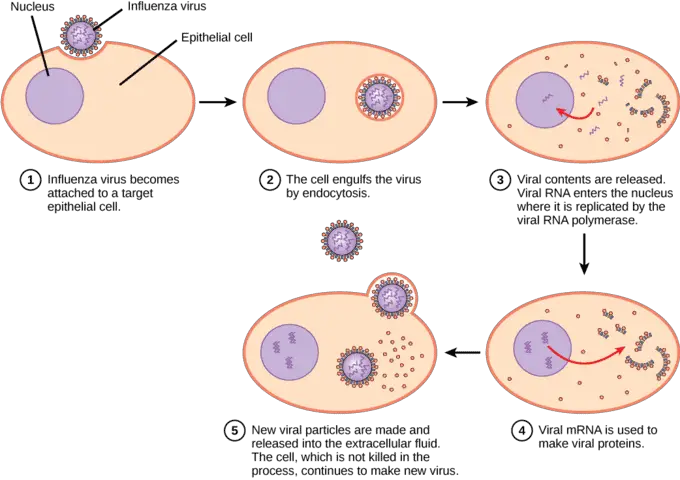
Specific genetic mutations, such as CCR5-Δ32, can block viruses like HIV from attaching to and entering immune cells.
Individuals with two copies of this mutation are highly resistant to HIV infection, a finding that has shaped research into gene-based therapies.
Similar resistance patterns have been observed in other viral epidemics, where certain people’s genetic profiles prevent viruses from gaining a foothold.
These discoveries highlight how inherited genetic changes can make the first line of viral defense nearly impenetrable.
9. Innate Immune System Advantages
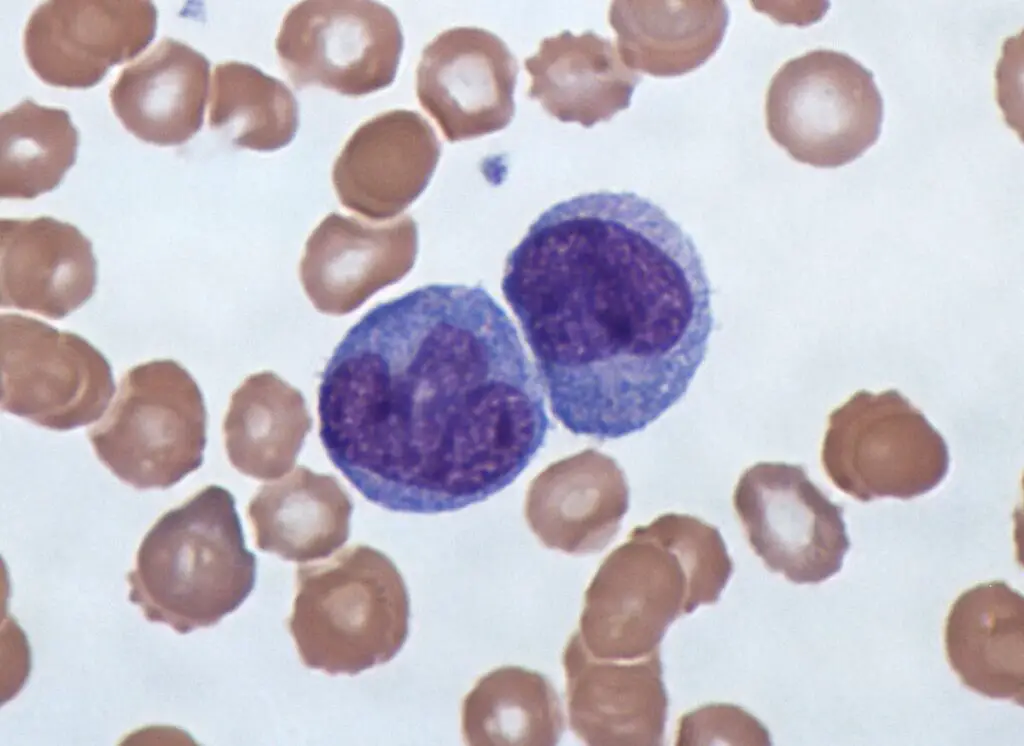
Some individuals benefit from genetically enhanced innate immunity, the body’s immediate line of defense against pathogens.
These advantages allow for rapid, non-specific attacks on invaders—neutralizing viruses and bacteria before the adaptive immune system is even activated.
Key gene variants can boost the activity of innate immune cells like macrophages and dendritic cells, making infections less likely to take hold.
This heightened first response is a crucial factor in why some people rarely, if ever, experience symptoms from common illnesses.
10. Interferon Pathway Genes
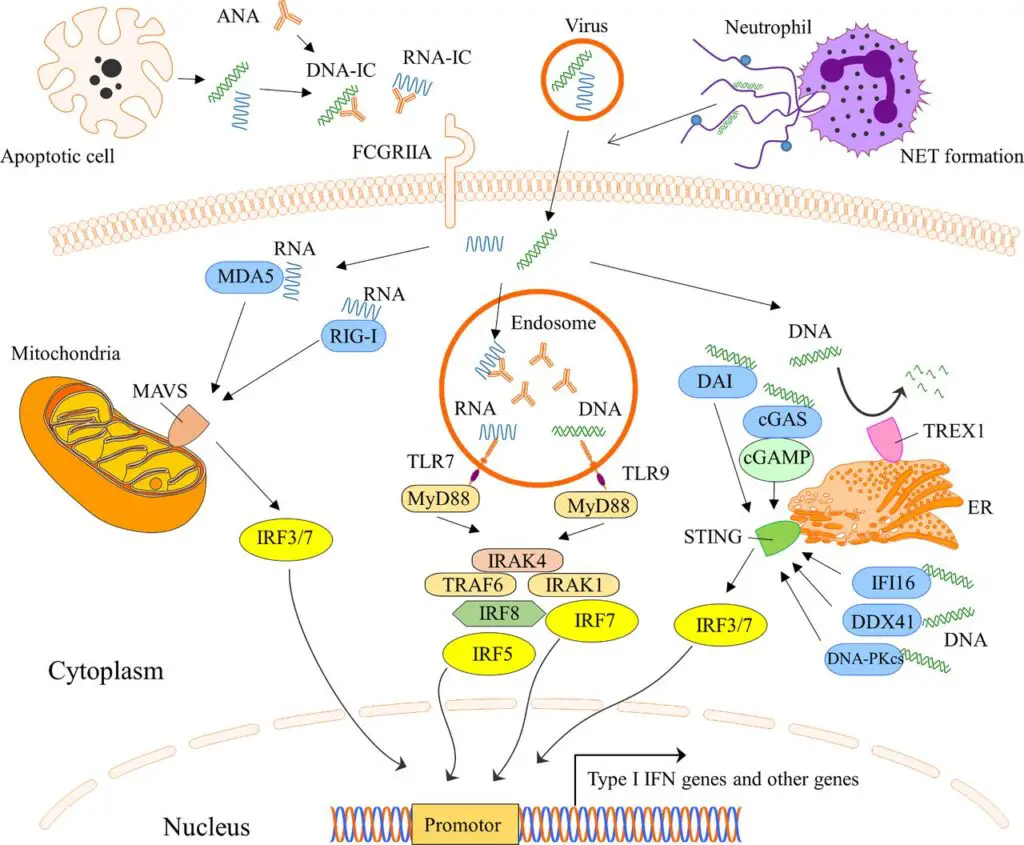
Mutations in interferon pathway genes can dramatically accelerate the body’s response to viral infections.
These genes regulate the production of interferons—proteins that signal cells to mount an antiviral defense.
Research on SARS and influenza has shown that individuals with certain genetic variants in this pathway are able to suppress viral replication earlier and more efficiently than others.
This rapid response is often the difference between remaining healthy and developing severe illness, underscoring the power of inherited genetic advantages.
11. Complement System Efficiency
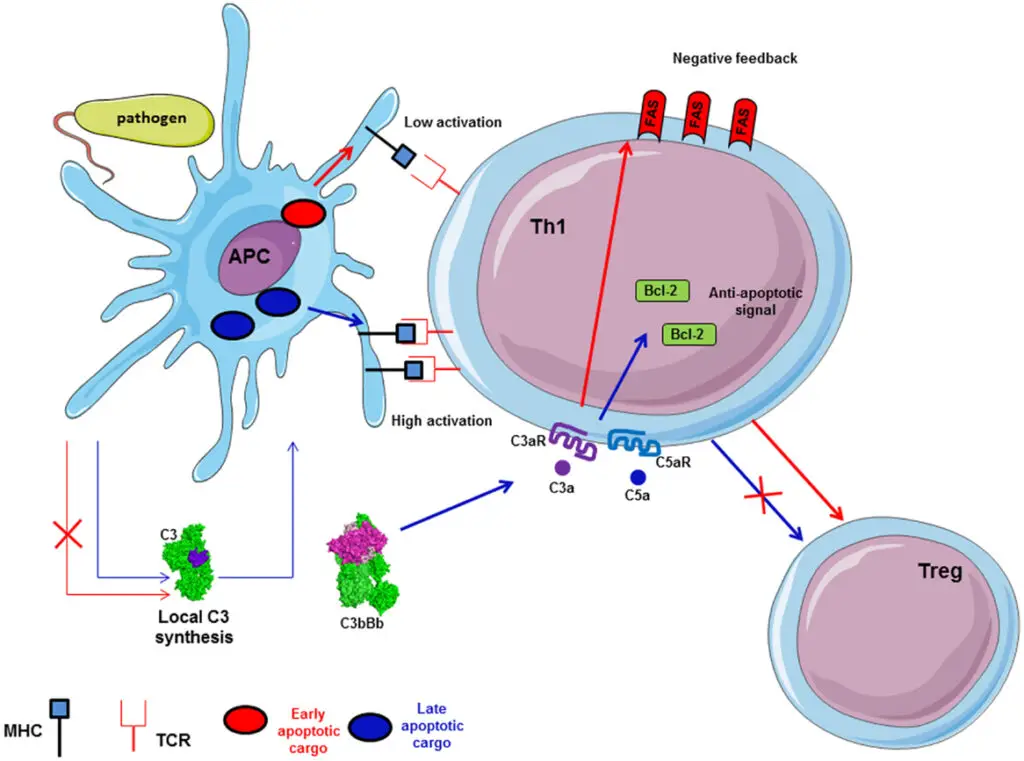
The complement system is a network of proteins that helps the immune system identify and destroy pathogens.
Genetic tweaks can enhance the efficiency of this system, making it faster and more precise at marking bacteria and viruses for elimination.
Individuals with these genetic advantages are able to neutralize threats before they cause harm, reducing both the duration and severity of infections.
Such improvements in complement activity represent another way the genetic lottery can create an almost impenetrable immune defense.
12. Mucosal Immunity Genes

Mucosal barriers in the respiratory and digestive tracts are the body’s frontlines against invading pathogens.
Some people inherit genetic factors that strengthen these barriers by increasing the production of protective mucus and antimicrobial peptides.
This fortification makes it harder for viruses and bacteria to penetrate and establish infections.
Enhanced mucosal immunity is particularly valuable in preventing respiratory illnesses, as seen in individuals who rarely catch colds or flu, and highlights another layer of defense shaped by our genetic makeup.
13. Adaptive Immunity Optimization
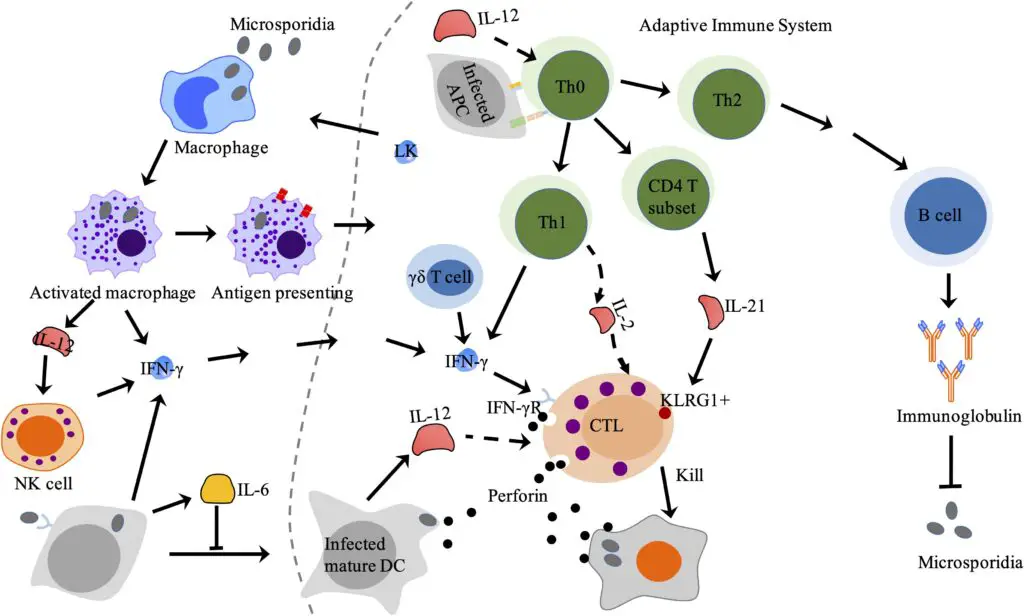
Some individuals benefit from rare gene variants that optimize their adaptive immune systems, allowing for powerful and lasting responses to infections.
These genetic differences help fine-tune how the body “remembers” pathogens, ensuring rapid and effective protection upon re-exposure.
As a result, these people often develop lifelong immunity after just one encounter with certain diseases.
This heightened adaptive response is a key reason why a small subset of the population demonstrates remarkable resilience to recurrent infections.
14. Superior Vaccine Responses
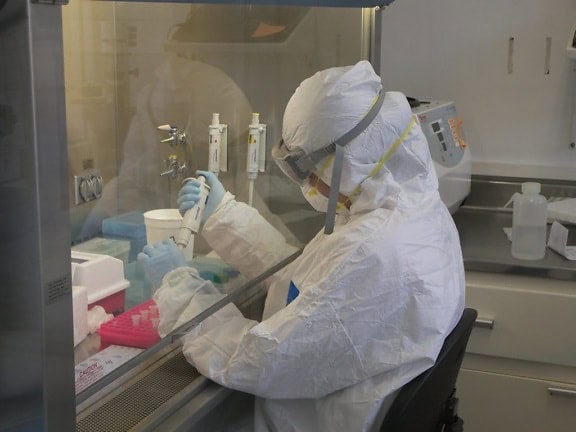
Certain genetic profiles are linked to stronger and longer-lasting responses to vaccines.
People with these gene variants generate higher levels of protective antibodies and memory cells after immunization, offering extended protection against diseases.
This variability in vaccine response, observed across populations, has important implications for public health strategies and vaccine development.
Understanding these genetic differences allows researchers to design more effective vaccines and personalize immunization approaches, improving outcomes for vulnerable groups and entire communities.
15. Case Studies: COVID-19 Super Immunity

During the COVID-19 pandemic, scientists documented cases of individuals who remained healthy despite repeated, close exposure to the virus.
Studies, such as those published in Nature, identified unique immune gene signatures—especially in T-cell and interferon pathways—that contributed to this super immunity.
These real-world examples underscore how specific genetic factors can shield some people entirely, even during major outbreaks, and offer hope for future therapies targeting these protective mechanisms.
16. Lessons from Flu and Other Epidemics

Historical evidence from flu pandemics and other major outbreaks reveals that a subset of individuals consistently remained unscathed, even amid high-risk environments.
Research, including findings from the CDC, points to genetic factors—such as robust HLA profiles or mutations that block viral entry—as key reasons for this resilience.
These cases provide valuable insights into how inherited immunity shaped survival patterns in past epidemics and continue to influence population health today.
17. Identifying Genetic Markers

Researchers are leveraging genome-wide association studies (GWAS) to pinpoint new genetic markers linked to immune resilience.
These advanced tools scan the genomes of thousands of people to reveal common genetic patterns among those who remain healthy during outbreaks.
By integrating GWAS data with other technologies like next-generation sequencing, scientists can uncover rare and powerful gene variants that confer superior immunity.
This ongoing research is rapidly expanding our understanding of the genetic basis for disease resistance and super immune systems.
18. Contributions to Vaccine Development

Breakthroughs in understanding super immune systems are revolutionizing vaccine design and immune therapies.
By studying people with extraordinary genetic defenses, researchers are uncovering which immune pathways offer the most potent protection.
These insights are directly influencing the development of next-generation vaccines that aim to mimic or boost these natural responses, as detailed in Nature Reviews Immunology.
Such advances promise to make future immunizations more effective and tailored to individual genetic profiles.
19. Implications for Autoimmune Diseases

Insights from people with super immune systems are also advancing the fight against autoimmune diseases.
By identifying genetic pathways that lead to hyperactive immune responses, researchers can develop therapies to selectively dampen harmful activity without compromising infection defense.
For example, understanding cytokine regulation and T-cell activation has inspired targeted treatments for conditions like lupus and rheumatoid arthritis, as outlined by the National Institute of Arthritis and Musculoskeletal and Skin Diseases.
This knowledge is paving the way for precision medicine in autoimmunity.
20. Hope for Immunodeficiency Disorders

Research into super responder genetics offers real hope for those living with immunodeficiency disorders.
By decoding the genetic secrets of people with ultra-strong immune responses, scientists are designing therapies to enhance the immune function of those with inherited or acquired weaknesses.
These breakthroughs, such as gene editing and targeted protein therapies, are already in development, as reported by the Immune Deficiency Foundation.
Such advances could transform the lives of millions facing chronic infections and immune system challenges.
21. The Future of Personalized Immunology

Advances in genetic profiling are paving the way for a future where personalized immunology becomes a reality.
By analyzing each person’s unique immune gene signature, doctors could tailor preventive strategies, vaccines, and treatments to individual risk profiles.
This approach promises not only greater effectiveness but also fewer side effects.
As highlighted by the National Human Genome Research Institute, personalized immunology could revolutionize the way we prevent and treat infectious and immune-related diseases.
22. Ethical and Social Questions

The rise of genetic testing for immune strength brings important ethical and social questions to the forefront.
Issues such as genetic privacy, discrimination, and unequal access to advanced therapies need careful consideration.
Experts warn that without clear regulations, genetic information could be misused or deepen health disparities.
Organizations like the World Health Organization emphasize the need for ethical frameworks that protect individual rights while ensuring equitable benefits from genetic advances in immunology.
23. Can You Boost Your Immune Genes?

While a healthy lifestyle—balanced diet, exercise, and stress management—certainly supports immune function, it cannot alter your underlying genetic blueprint.
Super immunity is primarily a product of inherited gene variants, not just daily habits.
As explained by the CDC, lifestyle choices play a supportive role but cannot substitute for genetic advantages.
Understanding this distinction empowers individuals to focus on what they can control while appreciating the remarkable impact of the genetic lottery.
24. What We Still Don’t Know

Despite remarkable advances, much remains unknown about the complex interplay between genetics and immune function.
Scientists are still unraveling how multiple genes—and their interactions with environmental factors—shape immune resilience.
Large-scale studies, like those discussed by the National Institutes of Health, are crucial for filling these gaps.
Ongoing research promises to reveal even more about why some people never get sick and how this knowledge can benefit everyone.
25. Living with a Super Immune System

Living with a super immune system is rare and can be a double-edged sword.
While these individuals are less likely to fall ill, their heightened immunity can increase the risk of developing autoimmune conditions, where the body mistakenly attacks its own cells.
According to the National Institute of Allergy and Infectious Diseases, this delicate balance highlights that even genetic “winners” of immunity face unique health challenges and require careful medical management.
Conclusion

The phenomenon of super immunity underscores the profound impact of the genetic lottery on human health.
While only a small fraction of people inherit these powerful defenses, their genetic secrets are already inspiring breakthroughs in vaccines, therapies, and personalized medicine.
Ongoing research into immune gene variants holds exciting promise not just for disease prevention but also for treating a range of conditions, from infections to autoimmunity.
As science continues to unravel these mysteries, the future of immunology remains full of hope and discovery.
Disclaimer

This article is for informational purposes only and does not constitute medical advice.
Always consult a qualified healthcare professional for diagnosis and treatment of health conditions.
For more information, visit trusted resources like the CDC or your local health provider.

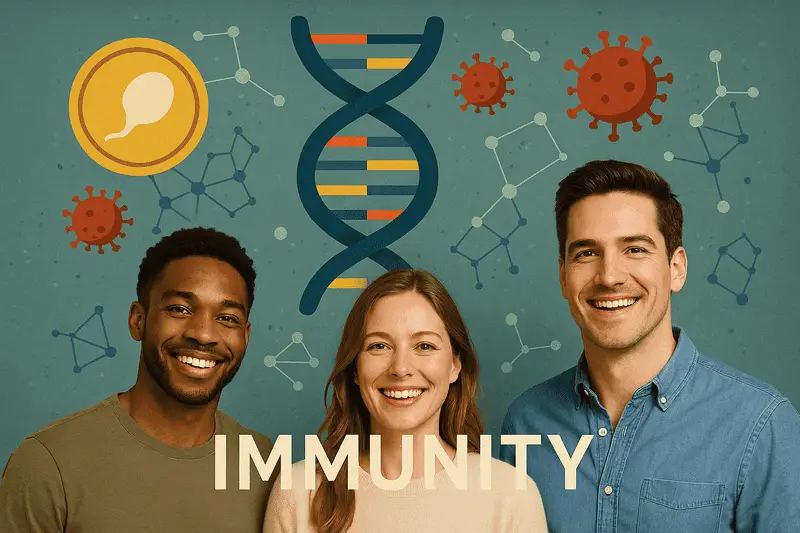

Vielleicht interessiert es Sie:
13 Extraordinary Giants Ready to Blow Your Mind! 🌍
10 Chonky Oddities That Will Leave You Speechless! 🤯
9 Unbelievable Absolute Units That Will Leave You Speechless! 🌟
10 Colossal Creatures That Will Leave You Speechless! 🐻
12 Shocking Absolute Units You’ll Have to See! 😲
12 Epic Absolute Units That Will Challenge Your Perceptions! 🔥
Uncover the 11 Ultimate Massive Oddities That Awe! 🌍
9 Unbelievable Oddities That Redefine ‚Massive‘! 🐉💎